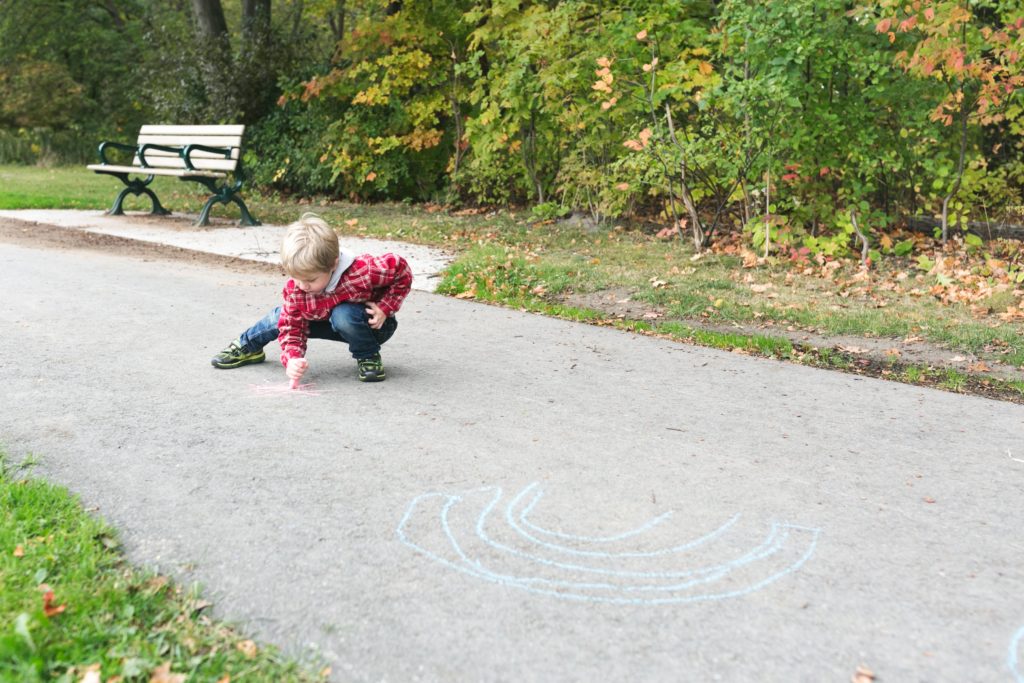Education stands as one of humanity’s most profound endeavors, offering a beacon of hope and a pathway to progress. Its impact on shaping the trajectory of children’s lives is immeasurable, as it equips young minds with the tools, knowledge, and values needed to navigate the complexities of the world. The role of education in shaping children’s paths is not limited to academic pursuits; it extends to character development, personal growth, and the formation of responsible global citizens.
At its core, education serves as the cornerstone of personal and societal growth. Beyond imparting knowledge and skills, it molds young individuals into well-rounded beings who can make meaningful contributions to their communities. Character development, empathy, critical thinking, and ethical values are all integral components of education that help children discern right from wrong and foster a sense of responsibility.
Education provides children with a sense of identity and purpose. It helps them explore their interests, talents, and passions, enabling them to make informed decisions about their future endeavors. Exposure to various subjects and disciplines widens their horizons, encouraging them to pursue paths they may not have considered otherwise. By nurturing creativity and curiosity, education paves the way for innovation and progress.
In today’s interconnected world, the challenges and opportunities that children face are unprecedented. Education equips them with the cognitive tools to analyze information critically, enabling them to discern credible sources from misinformation. This ability is essential in fostering informed citizens who can actively participate in democratic processes, contributing to the betterment of society.
Education also plays a pivotal role in developing emotional intelligence. It helps children understand and manage their emotions, fostering healthy relationships and effective communication. These skills are crucial in resolving conflicts, collaborating with others, and becoming responsible members of their communities.
While education’s essence lies in intellectual and personal growth, certain material elements can significantly enhance the educational experience. These elements provide an environment conducive to learning and encourage active engagement. Technological resources, such as computers, tablets, and the internet, offer a vast repository of information and interactive learning opportunities. Online courses, educational apps, and virtual simulations can bring complex concepts to life, making learning both engaging and accessible.
Physical spaces dedicated to learning, such as libraries and well-equipped classrooms, provide an atmosphere conducive to concentrated study. They house a variety of resources, including books, journals, and multimedia materials, catering to diverse learning styles. Extracurricular activities, such as sports, arts, and clubs, broaden a child’s horizons beyond the classroom. These activities foster teamwork, creativity, and discipline, complementing academic learning.
The availability of up-to-date textbooks, reference materials, and teaching aids enhances educators’ ability to convey complex concepts effectively. These resources empower teachers to create dynamic and engaging lessons. Adequate facilities, safe environments, and nutritious meals contribute to a child’s overall well-being. A comfortable and secure setting sets the stage for effective learning and ensures that children can focus on their studies.
Involvement from parents and the local community creates a holistic support system for children’s education. Workshops, seminars, and parent-teacher associations promote collaboration and provide a platform for sharing insights. Education has the power to address some of humanity’s most pressing challenges, such as environmental sustainability. By instilling a sense of environmental responsibility and ecological awareness in children, education can inspire future generations to make choices that prioritize the health of the planet.
Incorporating environmental education into curricula, along with practical experiences like gardening or waste reduction initiatives, can empower children to become stewards of the Earth. They can learn to make informed decisions that contribute to sustainable practices, ensuring a healthier and more equitable world for generations to come.
Education’s role in shaping children’s paths is multifaceted and transformative. It imparts knowledge, fosters critical thinking, and nurtures personal growth. By embracing the material elements that enhance the educational experience, we can create environments that empower children to explore their potential and contribute meaningfully to society. As we invest in education, we invest in a brighter future, where young minds are equipped to tackle challenges, innovate, and lead humanity toward progress and prosperity.



